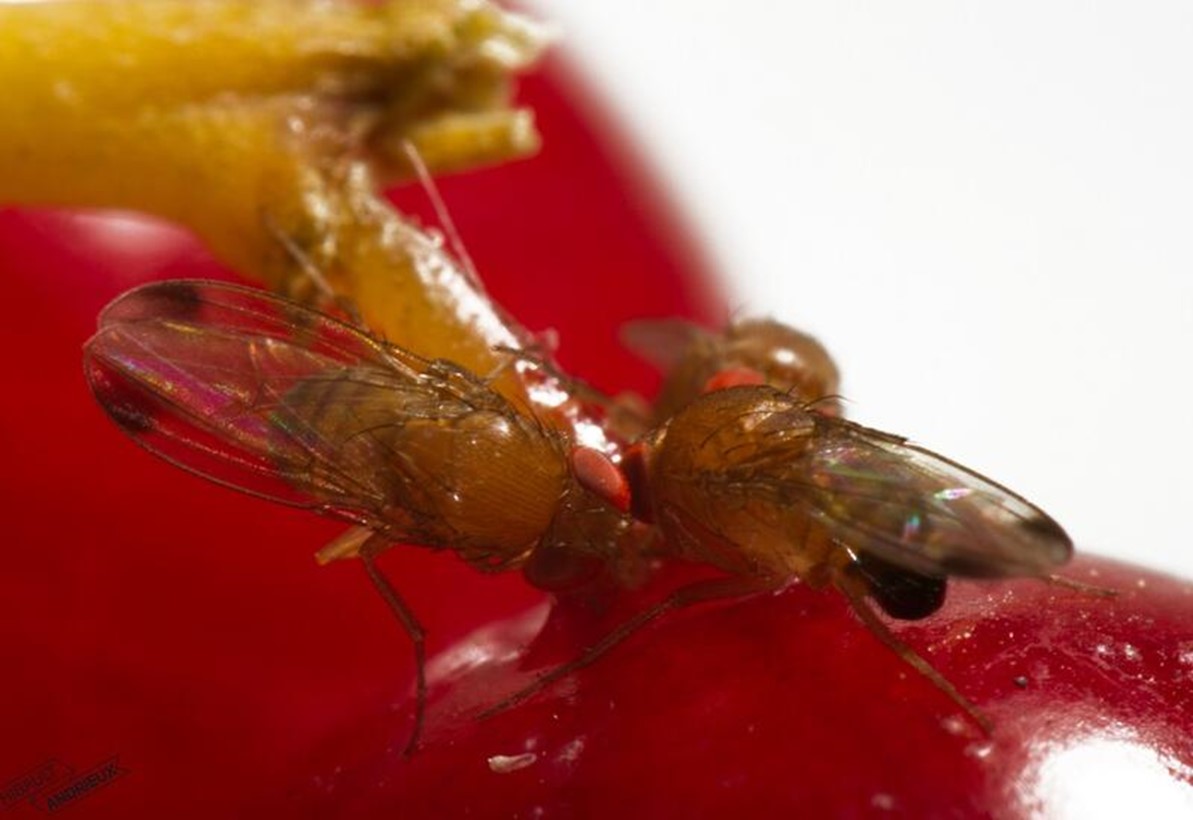National producers of tart cherries and cranberries are reacting against a revision proposal by the U.S. Food and Drug Administration, which introduces radical changes in the classification of certain foods, including these nutrient-rich fruits.
Utah is the second state in the nation for tart cherry production, growing 33 million pounds annually. Michigan ranks first. Five states are the primary producers of cranberries, with Wisconsin leading the way, producing about 60% of the national total in an industry that alone is worth a billion dollars in that state.
Both fruits are important economic drivers for the states, and — regardless of the labeling requirements that could result from this proposal — they are delicious fruits.
"Tart cherries have many health benefits when consumed. Tart cherries are excellent sources of fiber, vitamins A and C, and antioxidants. However, tart cherries are not naturally sweet, and for most consumers, it is necessary to add sugar to make them more palatable," wrote Terry Camp, vice president of public policy for the Utah Farm Bureau Federation.
"Unfortunately, this regulation proposal is written in such a way that a tart cherry product with less added sugar than another fruit product with naturally occurring sugar could not carry the 'healthy' label, while the product with more sugar would be labeled 'healthy,'" he emphasized during his public comment statement.
Blake Ellsworth, president of the Utah Tart Cherry Marketing Board, wrote in his comments that tart red cherries are associated with health benefits, such as impacts on gout, arthritis, muscle recovery after exercise, and heart health benefits.
Since many tart cherries are dried for use in other downstream products and are used in juices and pies, the marketing board estimates that up to 75% of tart cherry industry sales to consumers and food manufacturers will or could be impacted if the FDA were to implement the plan stating that "added sugar" is not "healthy".
Ellsworth pointed out that, unlike the FDA's proposed revision, the U.S. Department of Agriculture treats added sugars differently, noting that these sugars can help preserve nutrient-rich foods, as well as improve browning, texture, and viscosity. Additionally, added sugar increases palatability.
"It is incongruent that one branch of government, the Food and Drug Administration, concludes that adding sugars to fruit products makes them not 'healthy', while another branch of government, the USDA, recognizes that added sugars are understandable if not beneficial," wrote Ellsworth in his comments on the proposal.
"The U.S. government should not be sending conflicting health messages to consumers, producers, handlers, and end users of tart cherries in particular, and fruit-based products in general." All members of Utah’s congressional delegation were among the 29 signatories of a letter urging a reevaluation of the proposal, as it discourages the consumption of nutritious products like those made from cranberries and tart cherries.
Other Foods Affected
While tart cherries and cranberries are proposed to be added to the "negative" list, salmon will finally receive due recognition, as it has long been denied the label of a healthy food due to its fat content. Its omega-3 fatty acids are essential because our bodies cannot produce them. Some studies suggest that omega-3 fatty acids are linked to improved cardiovascular health.
The Problem with U.S. Diets
According to the FDA’s proposal, more than two-thirds of U.S. adults and nearly a third of children and adolescents are overweight or obese, a condition that has persisted for over two decades at a high cost. According to the Government Accountability Office, in 2018, $383.6 billion was spent treating cardiovascular diseases, cancer, and diabetes, accounting for 25% of the approximately $1.5 trillion total spent on health care for U.S. adults.
These alarming numbers stem from poor dietary habits. In 2019, 42% of adolescents and 39% of adults reported eating fruit less than once a day, while 41% of adolescents and 21% of adults reported eating vegetables less than once a day.
Read the full article: Deseret News
Image:Qualigeo
Cherry Times - All Rights Reserved










